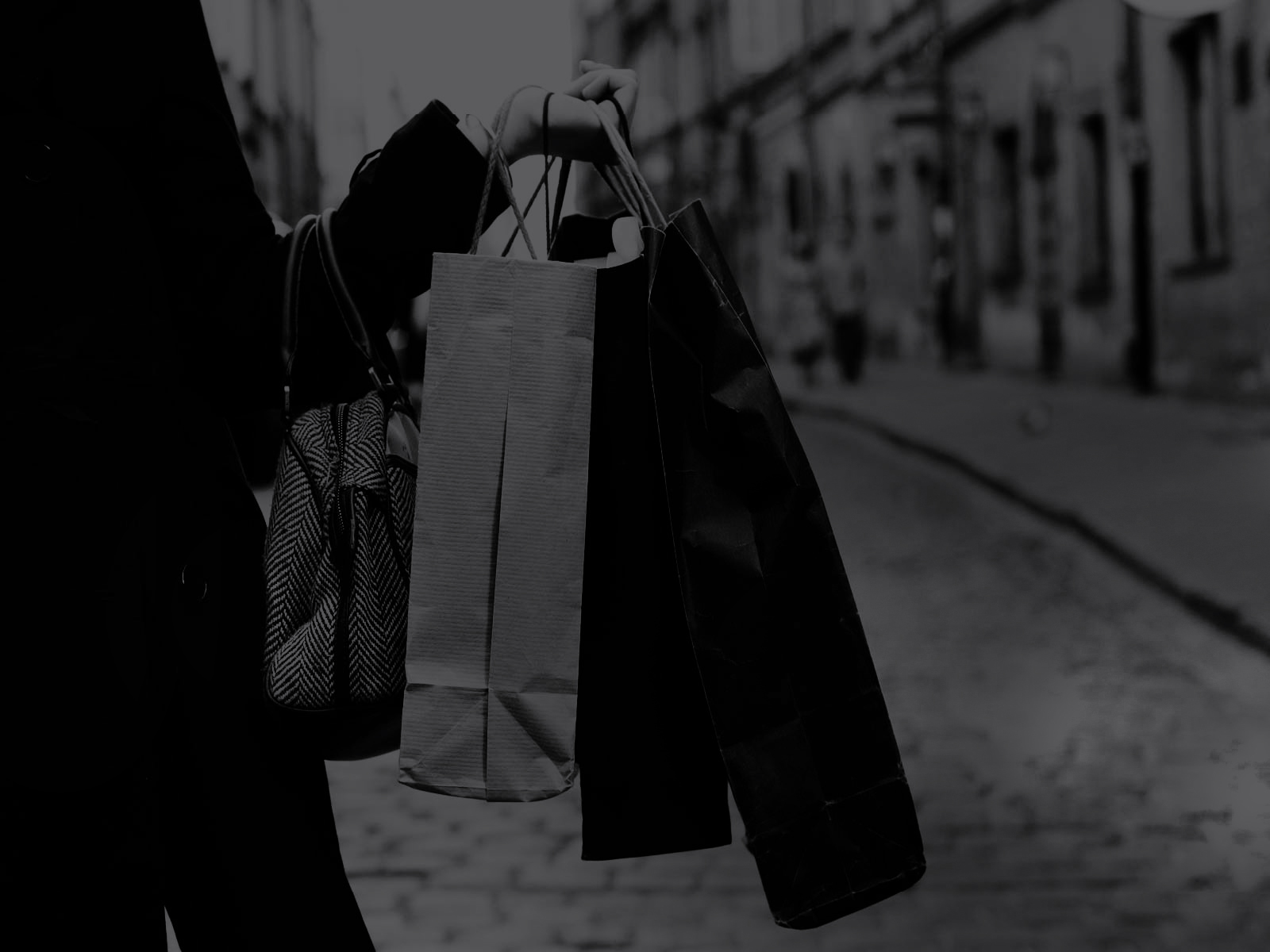The basic example is shopping: it feels like we just buy what we need when we pop into Tesco, but actually we’re being nudged into buying particular things because of where they’re placed in the shop. Even though you know retailers do this, nonetheless it feels like you’re more free than you are when you go to the shops. It feels like you’re calling the shots even though you know you’re not. We feel like we have more free will than we do.
We don’t have a choice about being influenced in Tesco, but I think it’s interesting to consider that sometimes you choose to have your decisions influenced by brands that you like. There’s an amazing quote in the book I’m reading:
“Before whom should one bow down? There is for man no preoccupation more constant or more nagging than, while in a condition of freedom, quickly to find someone to bow down before”.
It’s such an awesome point: we place so much emphasis on the importance of being free individuals, but we often use our freedom to submit to things that destroy it by determining what choices we make. The quote made me think about our relationship with brands – if we value our free will so much, why are we so keen to let brands dictate what we do? It’s not like we just let brands influence one-off decisions, we allow them to shape the principles that guide all our decisions. We use them to determine who we are. Why do they get our permission to influence us so profoundly?
One reason is that we are expected to be obsessed with our own identities, and brands help us decide and express what these are. Social media has created a culture wherein we’re constantly expected to answer the question: “what sort of person are you?” Facebook is set up to allow you to say to the world: “I’m the sort of person that likes this, reads that, listens to this, cares about that, goes here, does this…” I suppose it makes sense then that we align ourselves with particular brands that everyone understands (“I’m a Guardian reader, a Moleskine diary owner, a Mac not a PC”), as that’s a good way to explain to others what sort of people we are.
As well as explaining yourself to other people, aligning yourself with the values attached to particular brands has the convenient effect of guiding your decisions. It’s much easier to find your way through the labyrinth of possible free choices in the world if you pick a set of paradigms to guide you. Once you have stated: “I’m a Guardian reader, a Moleskine diary owner, a Mac not a PC”, then you simply make the decisions that a subscriber to each of these brands is supposed to make. Now you now know who you vote for (left), what sort of holidays you like (adventurous ones) and what kind of thinking you respect most (creative). Thank goodness.
But if you buy the argument that people want guidelines to shape their identities, the question still remains: why does so much trust get put in brands to provide this guidance?
I think one explanation is that, for whatever reason, the truth of an idea that exists in its own right is more compelling than one that belongs to an individual. Our Economist journalists don’t have bylines because we believe the voice of The Economist, and all the principles that it upholds, is more powerful if it transcends the views of any one journalist. A brand, by definition, is a set of values that exists independent of a visible author, and it often has a mass following to boot, so it has a kind of authority that an individual can’t have. People trust brands more readily and implicitly than they would trust an individual because brands can appear to have a kind of transcendental, lasting, mass-supported truth.
What effect does it have on our freedom that we ever more gladly build our identities around particular brands, allowing their values to guide our decisions? Our free will, our independence, must surely be diminished. For a start, guidance turns quickly to pressure. Do you want to admit to yourself that this year you want to leave your Moleskine travel journal in the drawer and just go and lie on a beach? Worse, you are unlikely to realise the extent to which your loyalty to a brand subconsciously determines your decisions and stops you from thinking about them independently.
It’s too much to expect everyone to really interrogate the drivers behind every decision they make, so to an extent we’ll always end up being mindlessly led by our own notion of “what sort of person we are". But my question is: how much do we allow brands to determine that notion? Were you truly objective when you voted in the last election, or were you unknowingly swayed by the fact that someone who reads your favourite newspaper is expected to vote for a particular party? Do you continue to challenge the values promoted by the brands that you trust and identify yourself with? Do you really consider the opinions that you stand by as your own? Do you freely decide who you are? We might feel like we do, but we know from Tesco that feeling free doesn’t always mean that we are.




